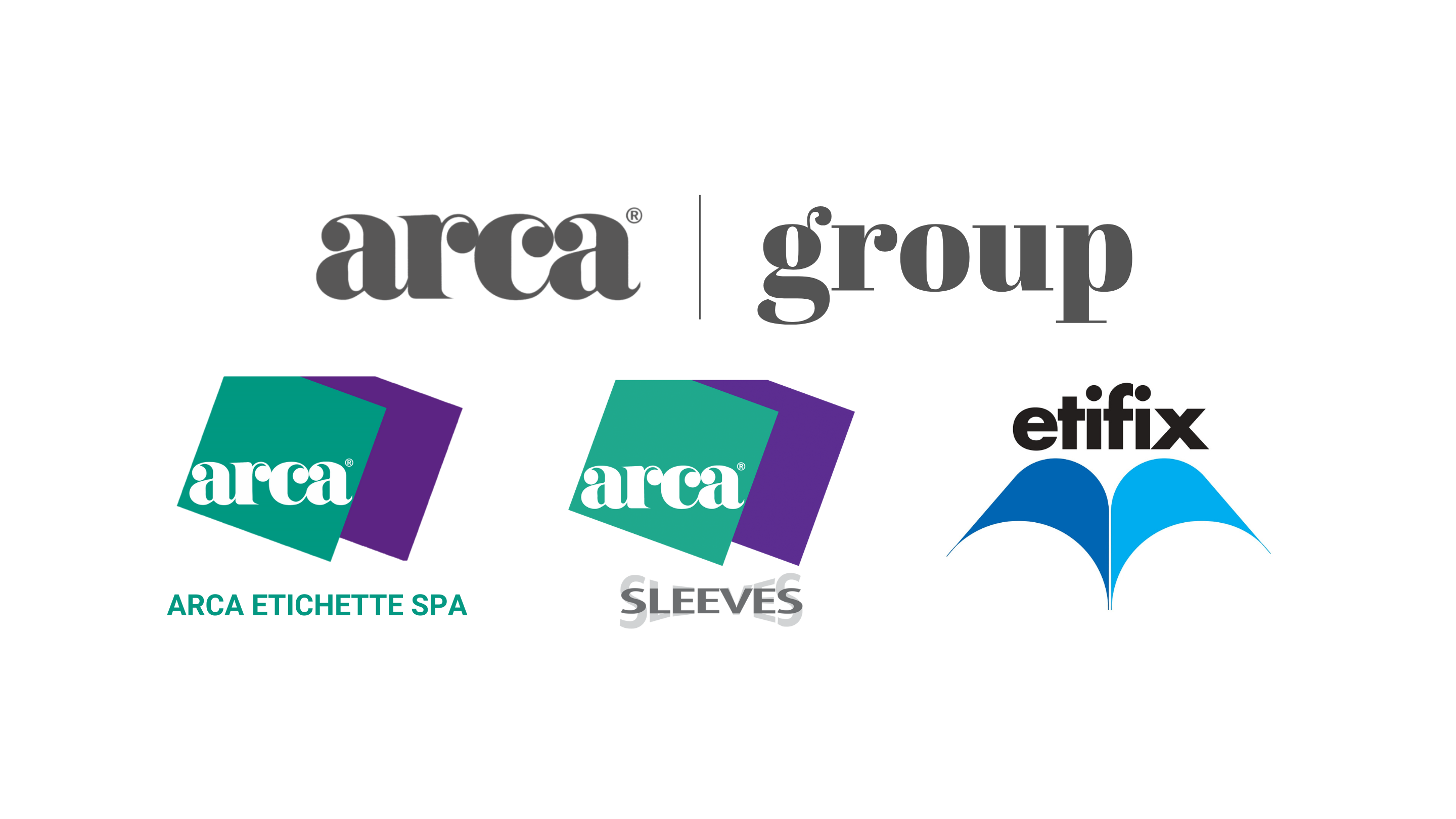

Arca Etichette SpA

Metropolitan City of Milan, Italy
August 2022
Paper & paper products
Manufacturing
Italy
Arca Etichette is an Italian company that has been a leader in the world of labeling since 1948. Together with the subsidiaries Etifix srl and Arca Sleeves srl, it creates innovative products for labeling and identification, intended for the manufacturing industry: self-adhesive labels and sleeves for packaging decoration, promotion, safety, logistics and the best automatic labeling machines, print-apply, laser markers, software for unmanned printing, product validation and traceability. By mastering all aspects of the matter, it can guarantee complete and safe solutions. Arca Etichette Spa, Etifix srl and Arca Sleeves srl (which together make up the Arca Group) as a Benefit Corporation, aim to have a positive impact on society and the biosphere for the creation of measurable economic and social value, preserving the environment, using processes that reduce energy consumption and waste of resources, involving suppliers and customers in common actions on ecological issues.
Overall B Impact Score
Governance 17.4
Governance evaluates a company's overall mission, engagement around its social/environmental impact, ethics, and transparency. This section also evaluates the ability of a company to protect their mission and formally consider stakeholders in decision making through their corporate structure (e.g. benefit corporation) or corporate governing documents.
What is this? A company with an Impact Business Model is intentionally designed to create a specific positive outcome for one of its stakeholders - such as workers, community, environment, or customers.
Workers 29.0
Workers evaluates a company’s contributions to its employees’ financial security, health & safety, wellness, career development, and engagement & satisfaction. In addition, this section recognizes business models designed to benefit workers, such as companies that are at least 40% owned by non-executive employees and those that have workforce development programs to support individuals with barriers to employment.
Community 17.5
Community evaluates a company’s engagement with and impact on the communities in which it operates, hires from, and sources from. Topics include diversity, equity & inclusion, economic impact, civic engagement, charitable giving, and supply chain management. In addition, this section recognizes business models that are designed to address specific community-oriented problems, such as poverty alleviation through fair trade sourcing or distribution via microenterprises, producer cooperative models, locally focused economic development, and formal charitable giving commitments.
Environment 21.9
Environment evaluates a company’s overall environmental management practices as well as its impact on the air, climate, water, land, and biodiversity. This includes the direct impact of a company’s operations and, when applicable its supply chain and distribution channels. This section also recognizes companies with environmentally innovative production processes and those that sell products or services that have a positive environmental impact. Some examples might include products and services that create renewable energy, reduce consumption or waste, conserve land or wildlife, provide less toxic alternatives to the market, or educate people about environmental problems.
What is this? A company with an Impact Business Model is intentionally designed to create a specific positive outcome for one of its stakeholders - such as workers, community, environment, or customers.
Customers 4.0
Customers evaluates a company’s stewardship of its customers through the quality of its products and services, ethical marketing, data privacy and security, and feedback channels. In addition, this section recognizes products or services that are designed to address a particular social problem for or through its customers, such as health or educational products, arts & media products, serving underserved customers/clients, and services that improve the social impact of other businesses or organizations.